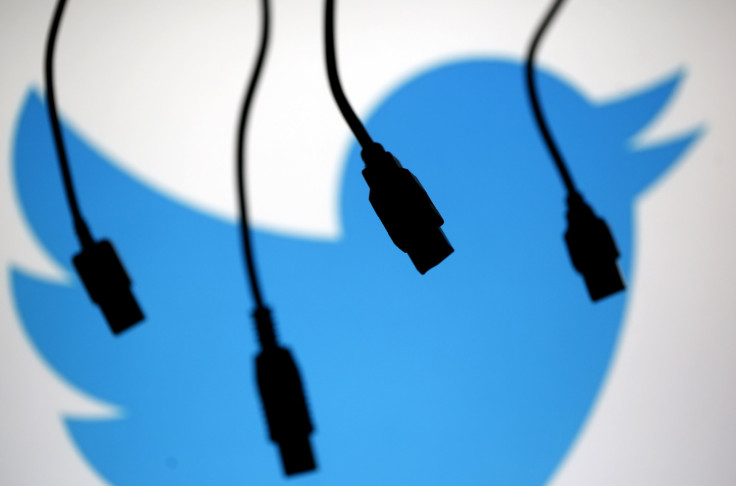WAM! And Twitter Tackle Problem Of Online Harassment Of Women

Zelda Williams received tweets from Twitter trolls telling her they were glad her father, actor Robin Williams, committed suicide. Chrissy Teigen, after a tweet about American gun violence, received death threats on the social media site. And Jezebel writer Lindy West, after appearing on a talk show to explain rape culture, received verbal abuse and -- you guessed it -- rape threats on Twitter.
You don’t have to be female to get harassed on social media, but women disproportionately receive the most severe forms of online abuse, according to a recent Pew report. Although Twitter, bowing to increased outside pressure, created a "Report Abuse" button last summer, the feature is an imperfect solution to a growing problem.
The Cambridge, Massachusetts-based group WAM! (Women, Action & the Media), in collaboration with Twitter Inc., hopes to do something about that. On Thursday the group announced a pilot project to collect data on gendered harassment that will allow it to work with Twitter -- both on understanding the harassment and how to improve Twitter’s responses to it. It will also look into how that gendered harassment intersects with harassment of people of color, women in the LGBT community and "fat women," in the group's words.
In a form they're providing called the "WAM Twitter Harassment Reporting Tool," the organizers ask women who have been the target of harassment on Twitter to answer questions, such as what form the harassment took, whether they fear for their personal safety, and how many times they've reported the harassment to Twitter.
Using this information, WAM! promises to act as an advocate to speed up Twitter's response to the complaints, as well as to use the data to help Twitter improve its responses:
"We're using this pilot project to learn about what kind of gendered harassment is happening on Twitter, how that harassment intersects with other kinds of harassment (racist, transphobic, etc.), and which kinds of cases Twitter is prepared (and less prepared) to respond to. We'll then work with Twitter to improve their responses to the harassment of women on their platform."
Jaclyn Friedman, the executive director of WAM! and author of "Yes Means Yes!: Visions of Female Sexual Power and a World Without Rape," talked with International Business Times about the pilot program.
How did your collaboration with Twitter happen? Who are you working with specifically?
We're in conversation with some folks at Twitter as part of the newly formed Speech and Safety Coalition, a group of organizations and advocates working to make social media safer for all kinds of women. This project grew out of those conversations.
You announced the pilot program on Thursday. When does it end?
We're not sure. We think it will run for a month, give or take. It depends on how long it takes to get enough data to be meaningful when we analyze it.
Could you say more about “how gendered harassment functions with other harassment”? Why is that important?
We know that when women of color are targeted, they are targeted in ways that are specifically racist, and they also experience the harassment in different ways because of their previous experiences with racism. Similar can be said of trans women, fat women, queer women, etc. We're interested in the kinds of context that influence how harassment functions to silence women, and those mechanisms work differently for different groups of women.
Besides Twitter’s implementation of a “report abuse” button, has it done anything else to address gendered harassment on Twitter? How would you describe what it has in place now?
I don't want to speak for Twitter, but I know they're working on a number of things right now to address gendered harassment. It's a work in progress, and we're happy to be working with them.
What would you like women's experiences and oppressed subjects' experiences to look like online in the future?
This is a free speech issue. Our hope is to make our new "public squares," which are all privately held companies, places where all women can speak freely without being silenced by fear and abuse.
© Copyright IBTimes 2025. All rights reserved.






















